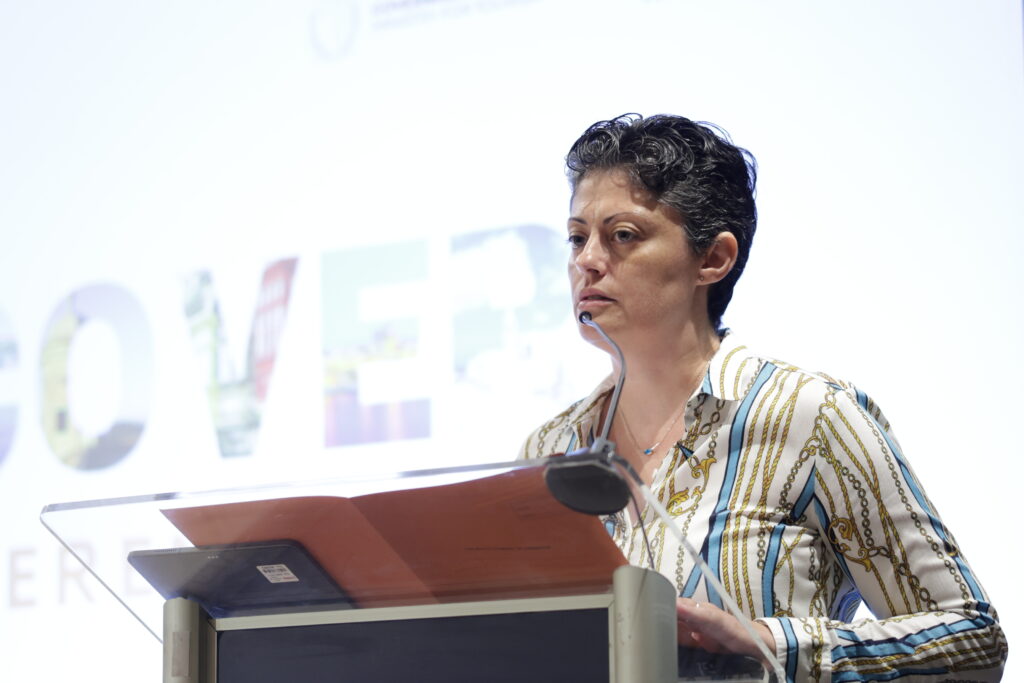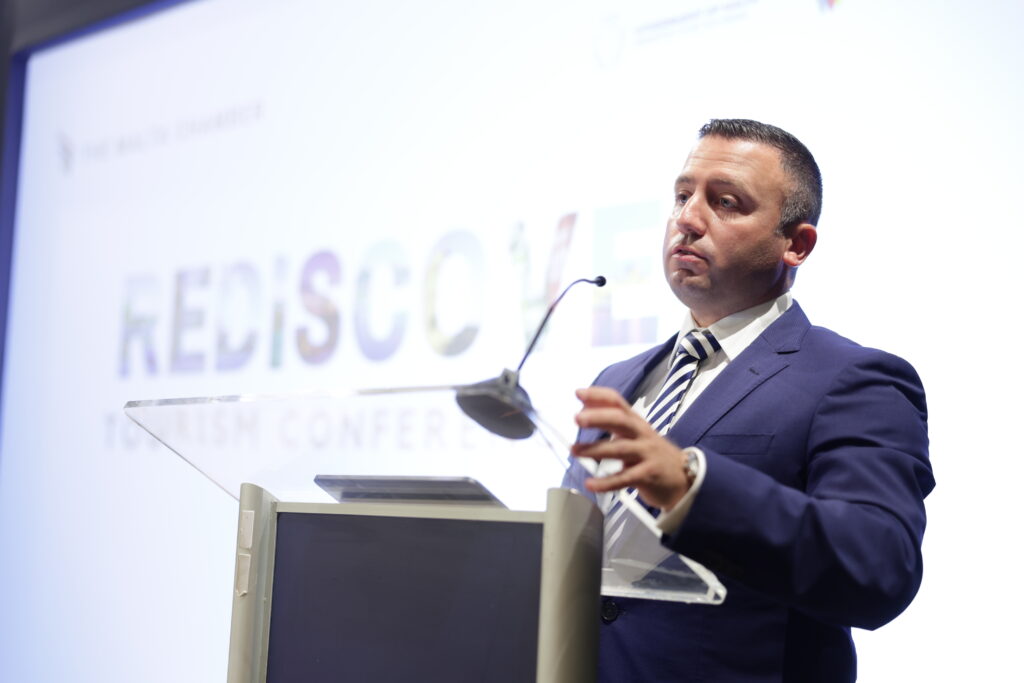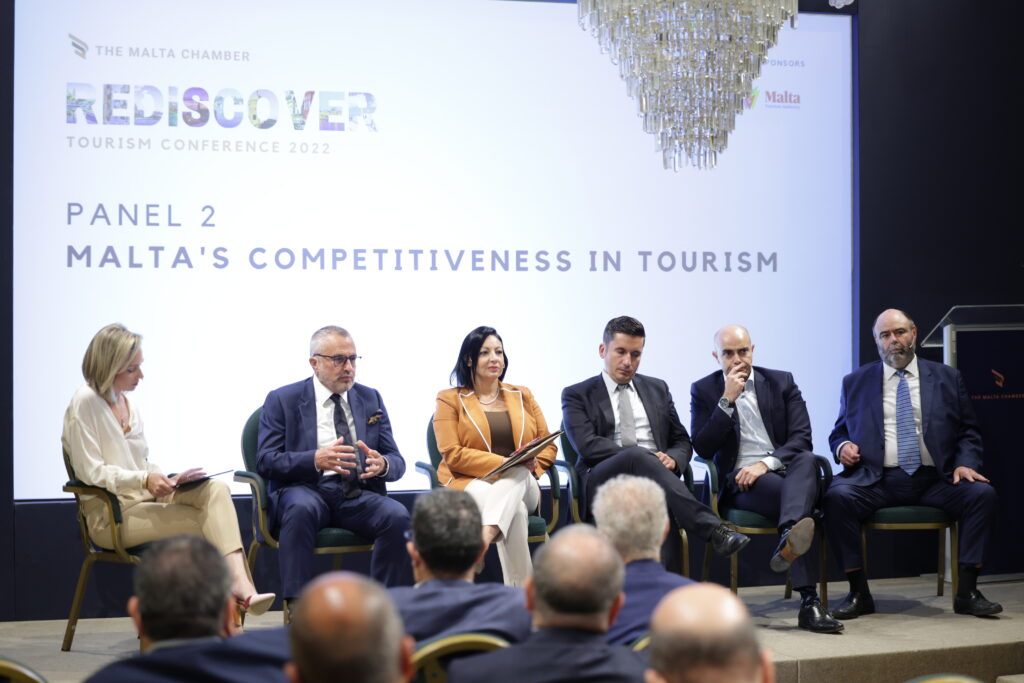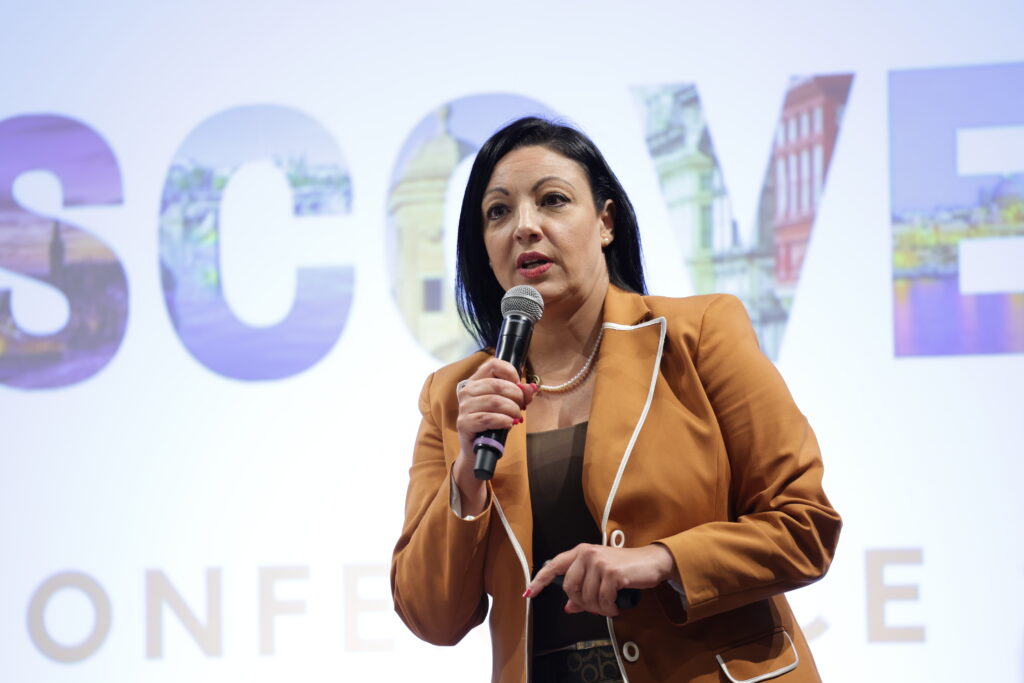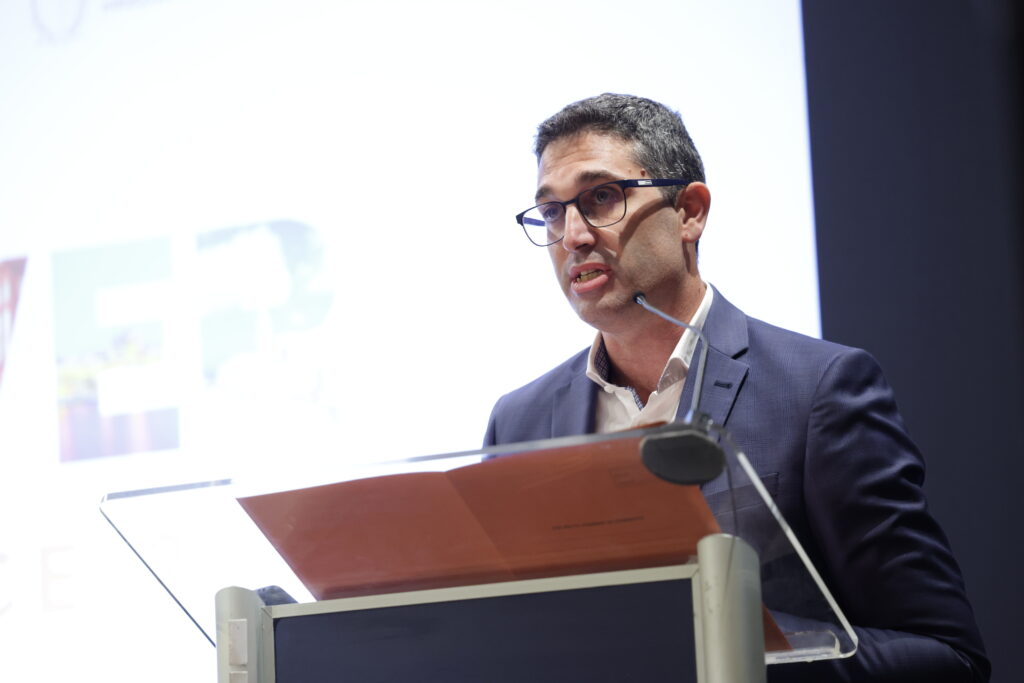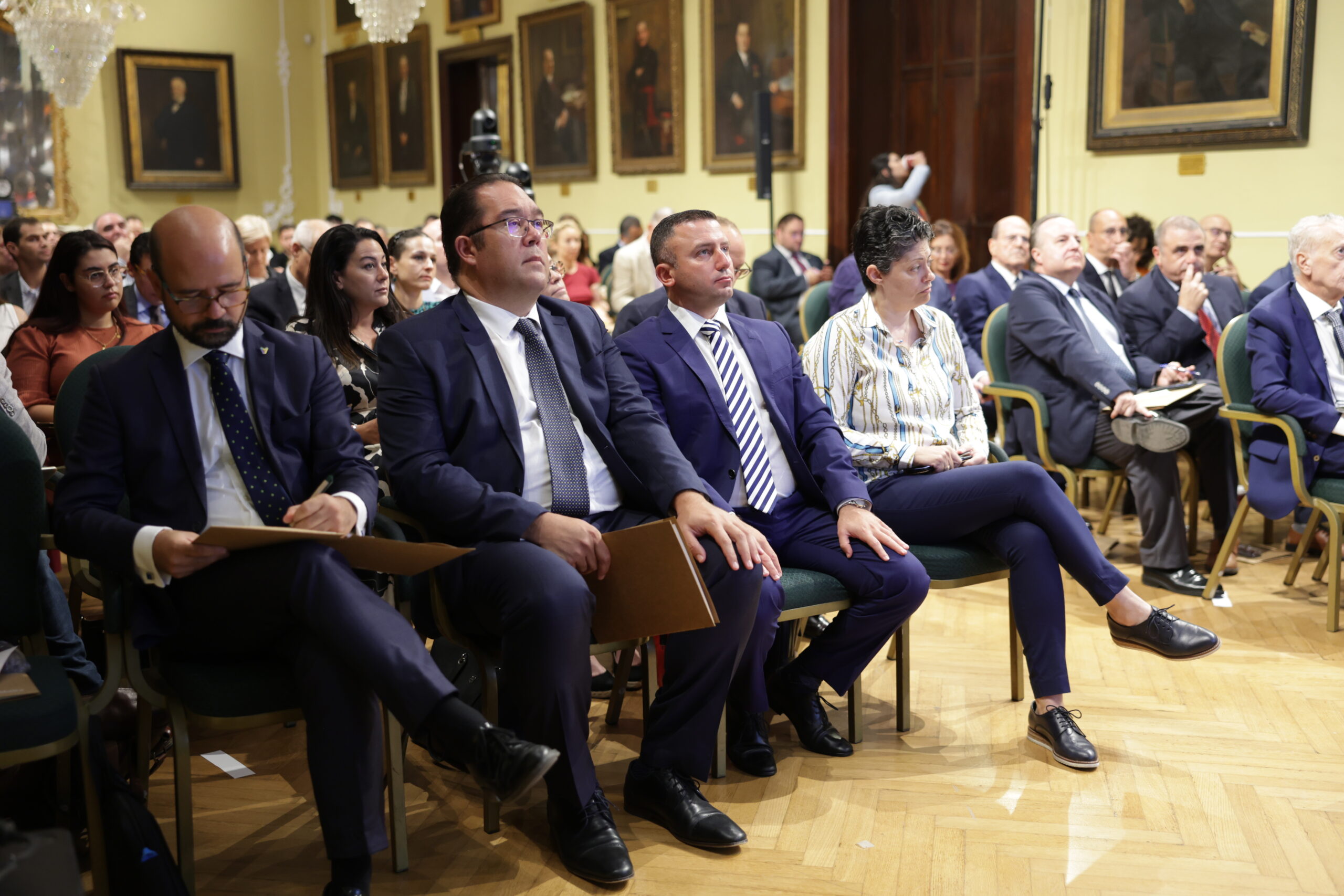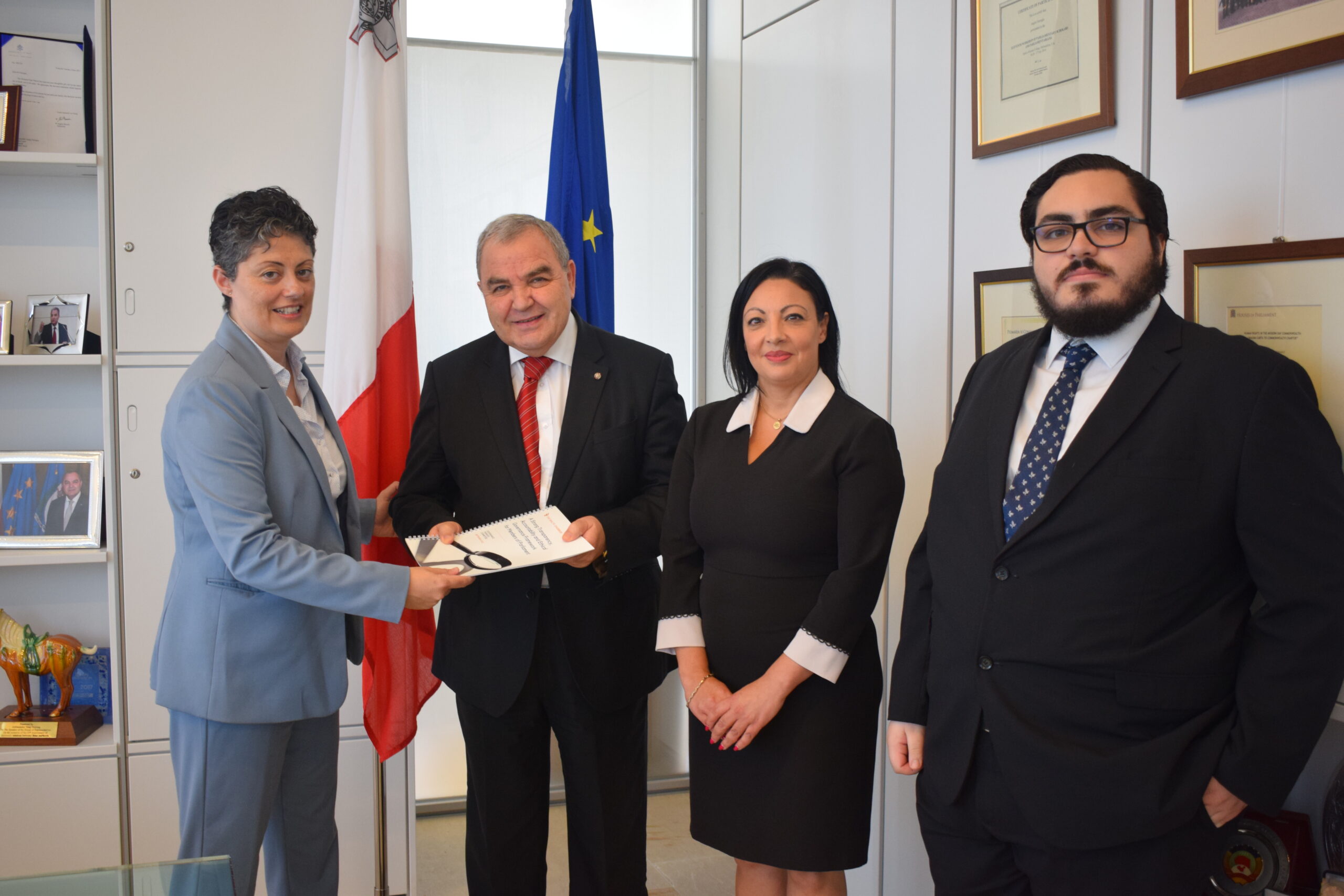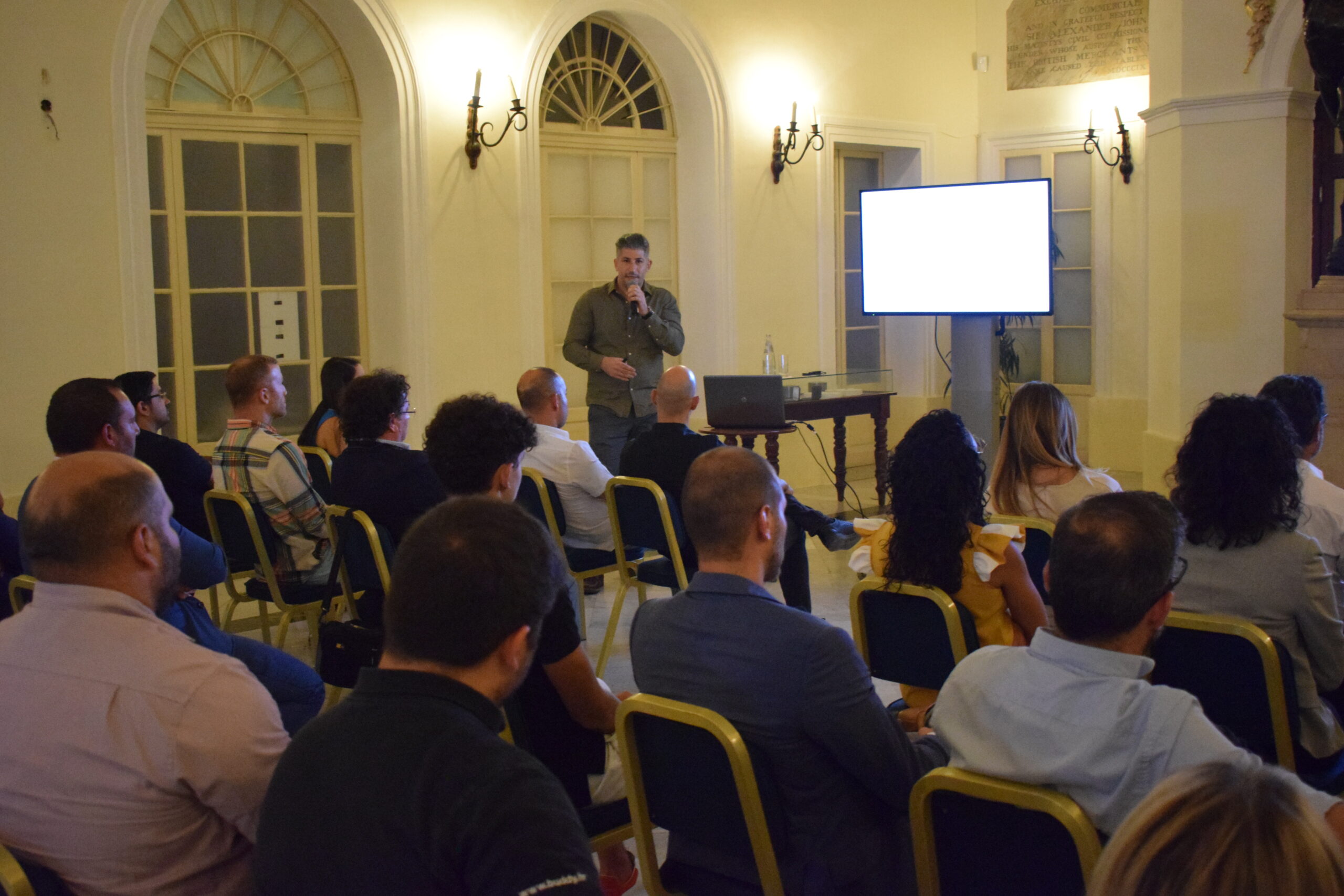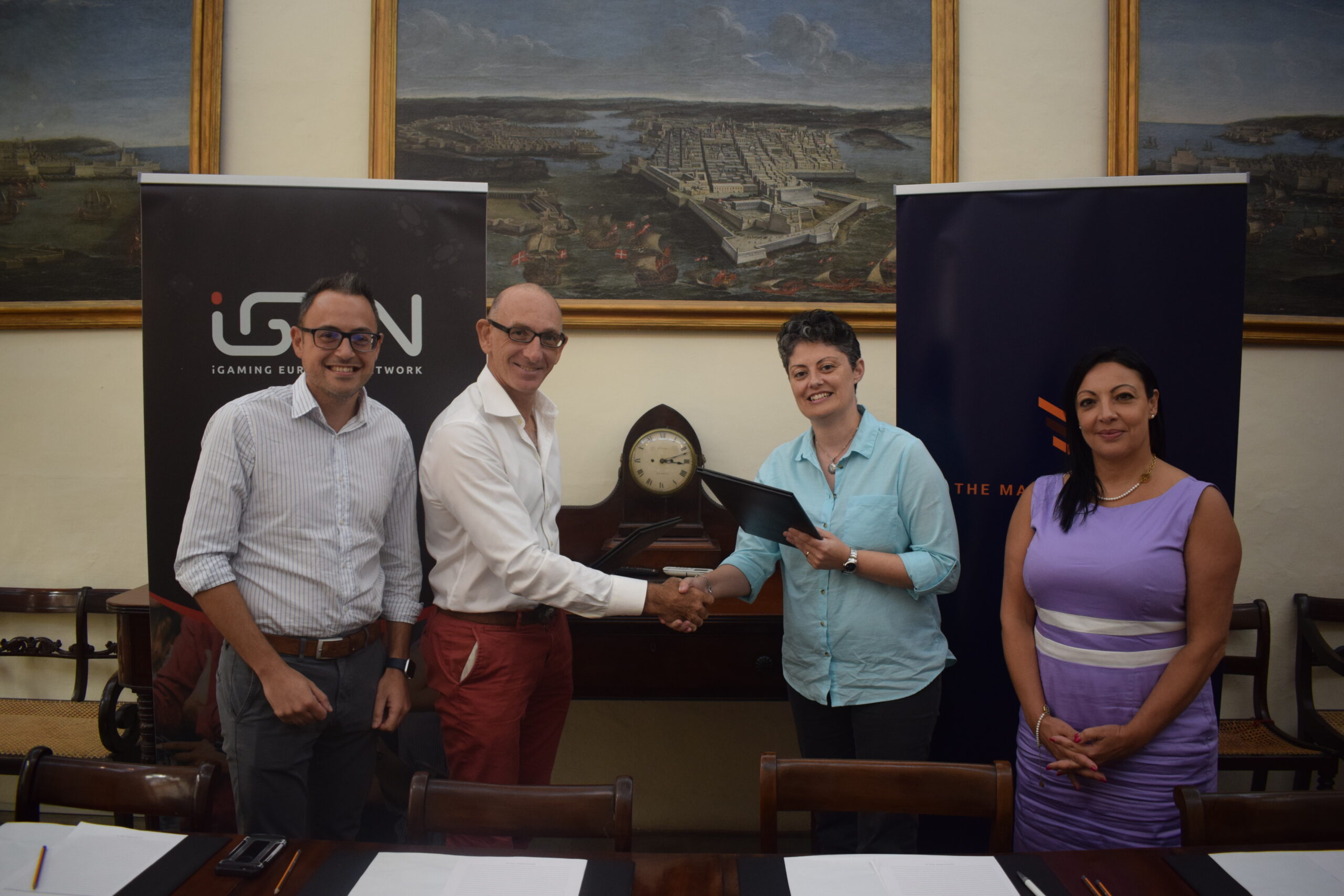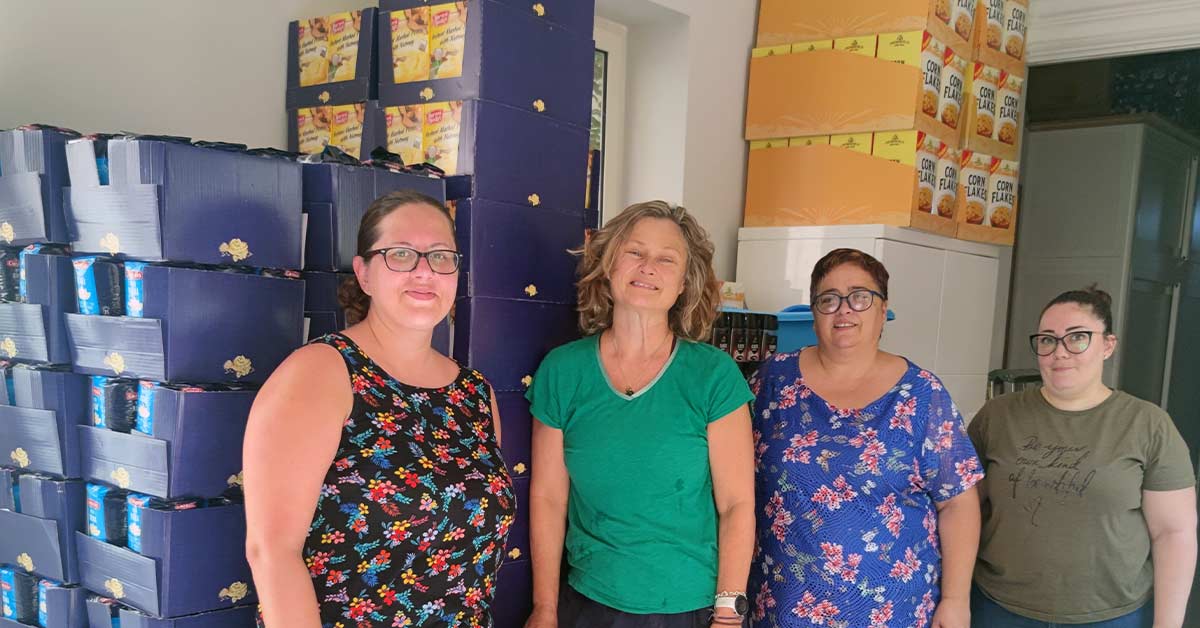The Malta Chamber of Commerce Enterprise and Industry hosted its first Tourism conference titled Rediscover, to mark the occasion of World Tourism Day.
During this event the regulator, the tourism operators and the government discussed ways on how they can work together to achieve the common good for this industry.
During her opening speech the President of The Malta Chamber Ms Marisa Xuereb said that, “this is the time for the authorities to Rediscover their vision of Tourism and implement the necessary changes for a better Malta. President Xuereb highlighted the need to shift focus away from that potentially tantalising figure of 5 million tourists per year. She stated that, “in August 2019 Malta saw record numbers of tourists – an average of around 100,000 per day. That’s equivalent to around 20% of our official population.” President Xuereb continued by questioning whether Malta can envisage 200,000 tourists roaming around on a typical day in August quite irrespective of all the investment in infrastructure. President Xuereb said that, “we need to address the glaring limitations of our tourism supply chain, particularly in terms of human resources and sourcing of food.”
The conference continued with two other speeches from the Minister for Tourism Clayton Bartolo and the Opposition Spokesperson for Tourism Robert Arrigo.
Minister Bartolo outlined that “A key factor for the sustainable development of tourism is the need to avoid complacency. This is an industry where one can never stop thinking about tomorrow’s opportunities and challenges. Thankfully, our country incorporates social partners like The Malta Chamber that continuously spark a healthy and widespread tourism debate by encompassing government, direct stakeholders and the wider community.”
PN Spokesperson Mr Arrigo outlined various challenging circumstances that are currently happening in Malta. However, he encouraged all parties within the tourism chain to come together towards one vision for the benefit of the hospitality industry.
The conference continued with two keynote addresses by the Malta Tourism Authority CEO, Mr Carlo Micallef and The Malta Chamber CEO Dr Marthese Portelli.
Mr Micallef compared Malta’s Tourism Performance through statistical comparativeness with other competing destinations and their strategy to achieve success. “Rethinking tourism,” Mr Micallef said, “recognises not only that the world continues to change, but that it is changing fast. Ours today is a world where generations of globalised travellers, accustomed to unrestrained and affordable travel opportunities and to an ever-increasing choice of destinations with competitive offers are facing the pressures and forces of change as our world adapts to new realities.”
Dr Marthese Portelli highlighted the challenges being faced by various stakeholders within the tourism industry. She also outlined 7 key points which require commitment and immediate tangible action from Government, which included:
1. Acknowledging that as a country we need to work towards a quality experience offering and the importance of identifying niches which compliment one another
2. Revisiting the classification regime
3. Addressing the country’s aesthetics in the built environment whilst preserving our natural landscape and promoting our history, arts and culture to encourage authentic and unique experiences
4. Proper and thorough enforcement to weave out abusive operators
5. Stopping direct competition from the regulator.
Chairperson of the Tourism Operators Business Section within The Malta Chamber, Mr Alan Arrigo concluded the conference by stating a need to weed out mediocrity. He continued by stating “that this can be achieved collectively when every part of the ecosystem delivers on its promise of a quality experience and keeps adapting to the many needs of tourists and stakeholders alike in a delicate balancing act.”
The conference included three panel discussions which included speakers both from the private industries as well as MTA and the Ministry for Tourism. The intention was to focuse our energies to improve upon the existing standards. The discussions included:
1. Valletta as a Destination
2. Malta’s Competitiveness in Tourism
3. The Right Balance for Niche Tourism
